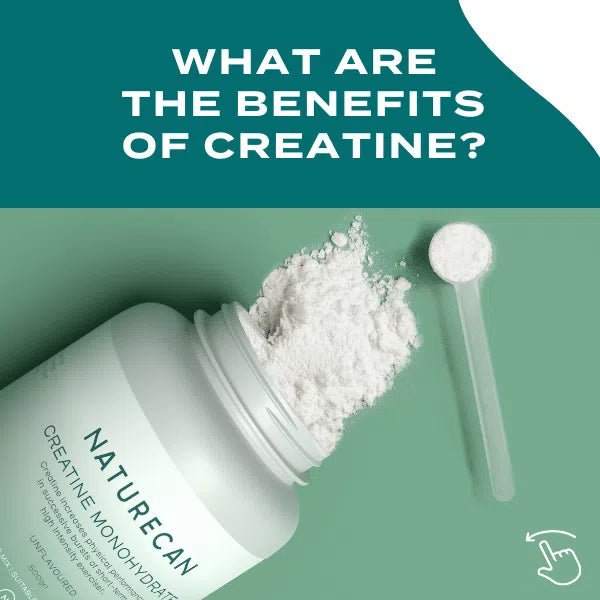The Buzz on Creatine Monohydrate
The Buzz on Creatine Monohydrate
Blog Article
Creatine Monohydrate for Beginners
Table of ContentsExamine This Report about Creatine MonohydrateNot known Incorrect Statements About Creatine Monohydrate Indicators on Creatine Monohydrate You Should Know
The authors acknowledge a threat of bias with the research styles due to a requirement for more quality over randomization with virtually all researches included. Just 3 of the nineteen studies extensively described the evaluation of VO2 max.
This varies from athlete to athlete, though. If weight gain via liquid retention is a problem, stop taking creatine 1-2 weeks prior to competing to offset liquid retention while keeping increased creatine stores. Some individuals experience stomach discomfort when taking creatine, such as bloating, cramping, or looseness of the bowels. It is essential to note that not everyone experiences gastrointestinal distress while taking creatine, and it can usually be taken care of by adjusting the dose or taking it with dishes, as outlined by the International Culture of Sports Nourishment.
It's recommended to use it in powder form. Worries concerning the long-term effects of link creatine monohydrate supplementation on kidney (kidney) function have been raised. However, researches done by the International Society of Sports Nutrition and Sports Medicine show that short-term and long-lasting usage of creatine monohydrate within recommended dosages does not risk renal feature in healthy individuals.
Creatine Monohydrate Fundamentals Explained
None of the studies checked out triathletes. The adverse impacts reported in the research studies connected to weight gain. As discussed, the majority of the researches made use of a higher-dose loading protocol (20g+/ day) in a brief duration that can be countered and stayed clear of through a lower dosage (such as 5g/day) for an extensive period.

Allow's take a look at the primary benefits of creatine monohydrate. There is strong, reliable study revealing that creatine boosts health and wellness. Impossible evidence sustains boosting lean muscular tissue mass, increasing toughness and power, including repeatings, lowering time to exhaustion, boosting hydration condition, and profiting brain health and wellness and function. All of these advantages will incrementally award your wellness and enhance your "healthspan" as you age.
The majority of creatine is stored in the skeletal muscular tissues in a type known
as phosphocreatine, or creatine phosphate. Creatine help in the manufacturing of adenosine triphosphate, or ATP. Even if they never raised a weights, click resources they 'd still benefit from creatine supplements.
Report this page